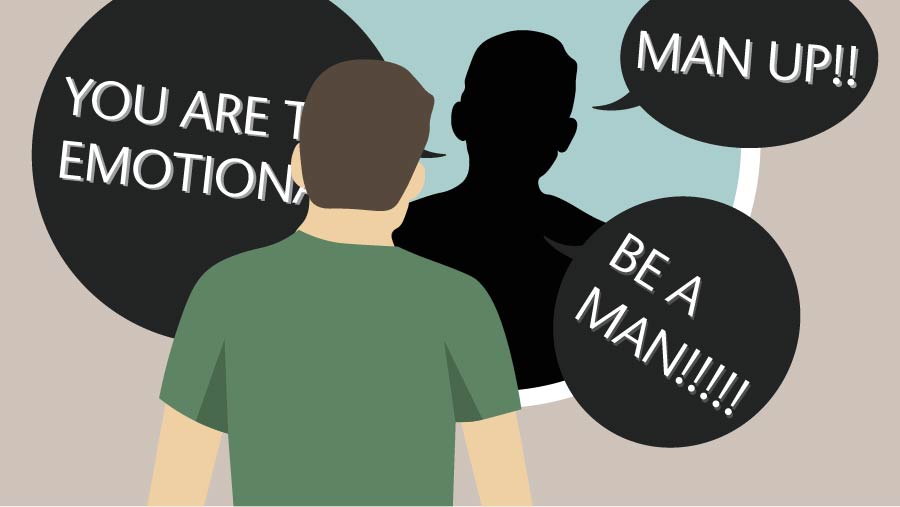In a country as culturally rich and diverse as India, we often speak openly about family values, traditions, and physical well-being. Yet, when the topic of mental health arises, conversations tend to fall silent. Mental health is still shrouded in stigma, making it difficult for many people to seek the help they need without feeling judged, ashamed, or misunderstood. This silence can be deeply isolating for those struggling with mental health issues, preventing them from receiving the care and support they deserve.
It’s time to break this silence, to address the stigma surrounding mental health, and to foster a society where seeking help is seen as a strength, not a weakness.
In India, there’s an unfortunate cultural narrative that equates mental health struggles with personal failure. If someone is experiencing depression, anxiety, or any other mental health condition, they are often labeled as “weak,” “crazy,” or told to “snap out of it.” These harmful perceptions reinforce the idea that mental health is something to be hidden, rather than treated with the same care and compassion as physical health.
But the truth is, mental health is a critical part of our overall well-being. It affects how we think, feel, and interact with the world. And just like physical illness, mental health challenges require understanding, treatment, and support. Many parents worry about what others will think if their child needs therapy, or whether their family will be “labeled” in the community. But silence and avoidance don’t heal mental health issues—they make them harder to overcome.
Breaking the Silence: How Can We Change?
1. Start the Conversation: It all begins with talking. The more we speak openly about mental health, the more we normalize it. Ask a friend how they’re feeling, share your own experiences with mental health if you’re comfortable, and listen without judgment when someone opens up. Breaking the silence starts with a single conversation, and each one chips away at the stigma.
2. Educate Ourselves and Others: One of the biggest barriers to mental health support is the lack of understanding. Learning about mental health conditions and educating others helps to dispel the myths and misconceptions that fuel stigma. Schools, workplaces, and communities need to prioritize mental health education so that people can recognize the signs and seek help early.
3. Encourage Professional Help: Seeking therapy or counselling should be seen as a sign of strength, not weakness. Encouraging people to reach out to mental health professionals—whether through in-person counselling, helplines, or online therapy—helps break the idea that mental health care is only for people with “severe” issues. Everyone deserves support, and no one should feel ashamed to ask for it.
4. Challenge Harmful Beliefs: If you hear someone dismissing mental health concerns or making hurtful comments, speak up. Politely challenge the idea that mental health issues are “just in your head” or something people can “get over.” By correcting these harmful beliefs, we create a more compassionate and understanding society.
5. Lead by Example: If you’ve had your own journey with mental health, sharing your story can have a powerful impact. When people see that someone they know and respect has faced mental health struggles and sought help, it normalizes the experience. Leading

